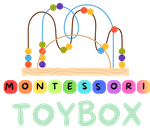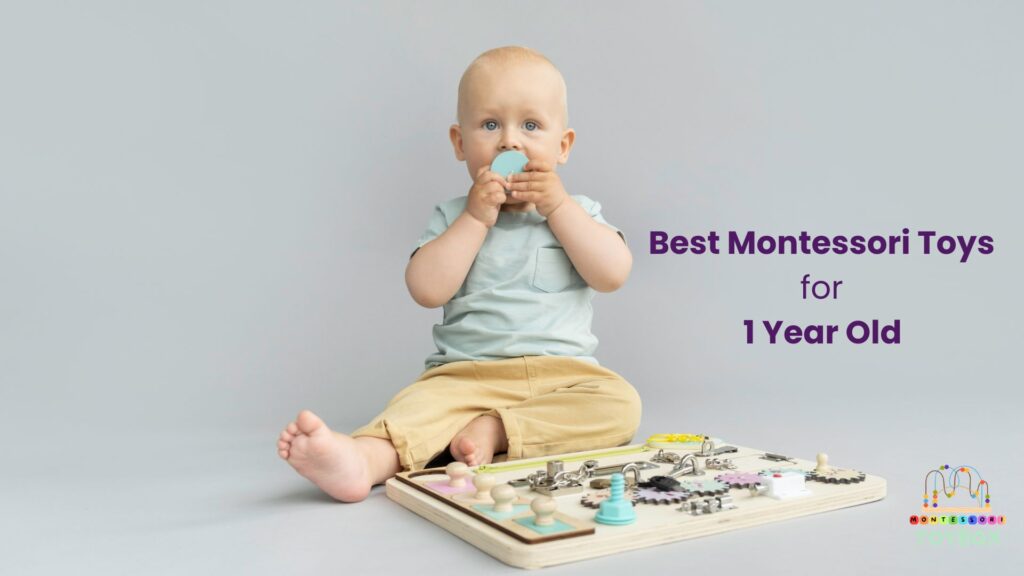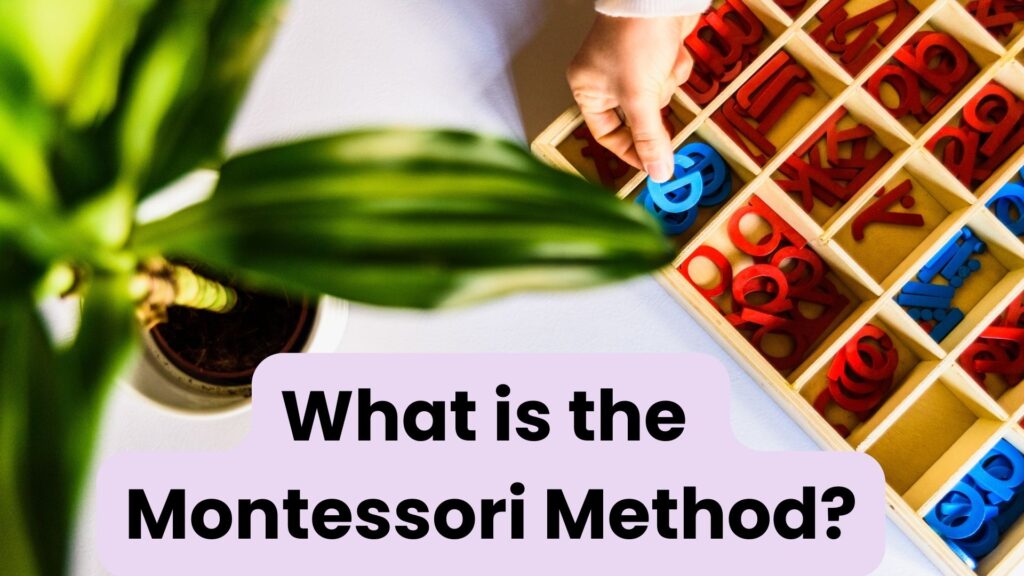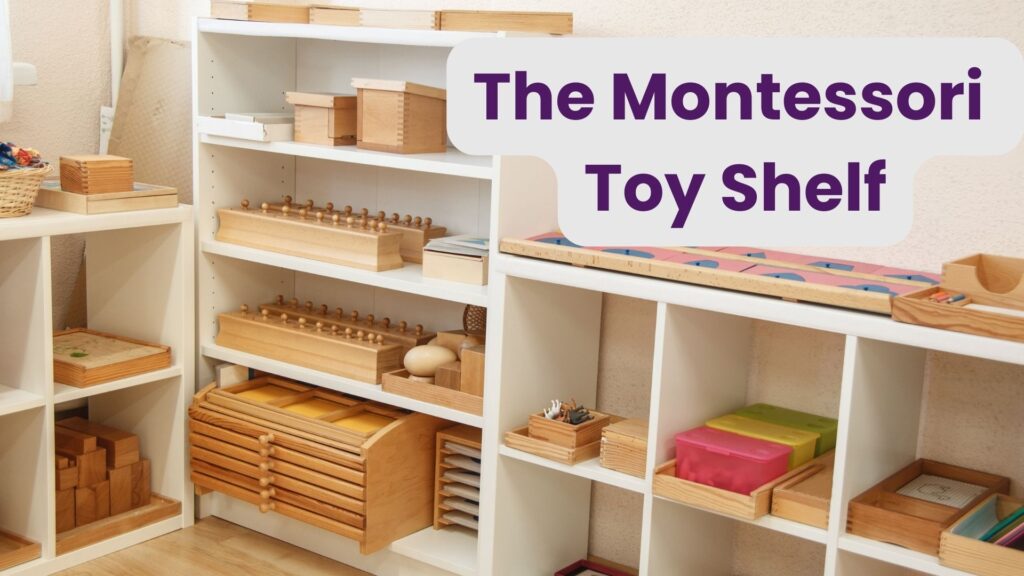The Montessori Method, developed by Dr. Maria Montessori in the early 20th century. It revolutionized the approach to education by focusing on the natural development of children. This method is not merely an educational approach but a philosophy. It emphasizes the significance of creating a supportive environment for children to foster their innate curiosity, independence, and love for learning.
Contents
The Fundamental Principles of the Montessori Method
At the heart of the Montessori Method lies the belief that children are naturally eager to explore and discover. The method is based on several fundamental principles:
Child-Led Learning:
Child-led learning is a fundamental aspect of the Montessori Method, emphasizing the importance of allowing children to take an active role in their educational journey. In the Montessori environment, educators act as guides rather than traditional instructors. This approach encourages children to explore subjects that capture their interest at their own pace. This is all promoting a sense of autonomy and motivation.
In child-led learning, classrooms are carefully prepared with a variety of educational materials and activities. Children are free to choose activities based on their individual preferences, fostering a love for learning and self-discovery. This method recognizes that each child is unique, with distinct interests, strengths, and learning styles.
Child-led learning in Montessori settings helps children develop essential skills such as decision-making, problem-solving, and time management. It cultivates a sense of responsibility and self-discipline. The Montessori Method nurtures a lifelong love for learning and a deep sense of curiosity, by allowing children to explore subjects that resonate with them.
Prepared Environment:
The Montessori Method places a strong emphasis on the concept of the “Prepared Environment”. It is recognizing the pivotal role it plays in shaping a child’s educational experience. This thoughtfully curated space is meticulously arranged to inspire independence, self-directed learning. From carefully chosen learning materials to the arrangement of furniture, every element is intentional. The Montessori environment is where children can engage with activities that align with their unique interests.
The open shelves and natural materials beckon children to select activities independently, promoting decision-making and responsibility. The intentional design goes beyond creating an organized space. It cultivates a nurturing atmosphere where children feel a sense of belonging. This is encouraging not only academic growth but also the development of essential life skills and a lifelong passion for learning.
Mixed Age Groups:
The Montessori Method embraces the concept of Mixed Age Groups as a deliberate and enriching aspect of the learning environment. In Montessori classrooms, children of different ages, typically spanning a three-year age range, share the same space. This intentional grouping fosters a sense of community and collaboration. Older children become mentors and role models for their younger peers. Younger children benefit from observing and learning from the older ones.
The Mixed Age Groups approach promotes a dynamic social dynamic, encouraging empathy, cooperation, and a supportive learning environment. It aligns with the belief that children progress at their own pace. This is all allowing for more personalized and flexible learning experiences.
Freedom within Limits:
“Freedom within Limits” is a fundamental principle of the Montessori Method, reflecting the belief that children thrive when given the autonomy to explore and learn within a carefully defined and structured environment. Maria Montessori recognized the importance of providing children with the freedom to choose their activities, fostering a sense of independence and self-motivation. However, this freedom is not absolute; it comes with well-defined boundaries and limits that are designed to ensure a safe and respectful learning environment.
In Montessori classrooms, the carefully prepared environment allows children to select activities from a range of materials and engage in self-directed learning. The freedom to choose their work instills a sense of responsibility and decision-making skills. Simultaneously, the structure of the environment, the ground rules, and the specific design of learning materials guide children toward purposeful and constructive activities. This balance between freedom and structure is aimed at nurturing not only academic development but also social and emotional growth. Montessori is promoting self-discipline, respect for others, and a love for learning within a supportive framework.

Hands-on Learning:
Hands-on learning is a cornerstone of the Montessori Method, emphasizing the vital role of direct, tactile experiences in the educational journey. In Montessori classrooms, children actively engage with a thoughtfully curated array of materials designed for manipulation and exploration. These materials, ranging from sensorial tools to specialized manipulatives, facilitate a hands-on approach to learning, allowing children to interact directly with concepts.
The emphasis on hands-on activities not only accommodates diverse learning styles but also provides a tangible foundation for abstract knowledge. Through self-correcting materials, children learn through trial and error, fostering critical thinking, curiosity, and a genuine love for discovery. This is setting the stage for a lifelong appreciation of learning through active engagement with their surroundings.
The Role of the Teacher
In a Montessori setting, the role of the teacher, or “guide,” is that of an observer and facilitator. The teacher is attuned to the individual needs of each child, offering guidance and support when necessary. They are also allowing children to explore and discover independently. This approach respects the child’s natural development and encourages self-discovery.
The Impact on Child Development
The Montessori Method has been recognized for its positive impact on various aspects of child development. Research suggests that children exposed to this approach tend to exhibit increased independence, self-confidence, and a passion for learning. The emphasis on hands-on learning and exploration is believed to enhance cognitive and social skills, problem-solving abilities, and adaptability.
The Montessori Method is more than an educational approach; it’s a philosophy that respects the individuality of each child. It fosters an environment where learning is a natural and enjoyable process. It is allowing children to develop into self-motivated, independent, and lifelong learners. Its principles continue to influence and shape the way we perceive education, acknowledging the importance of nurturing a child’s natural curiosity and love for learning.




One Response